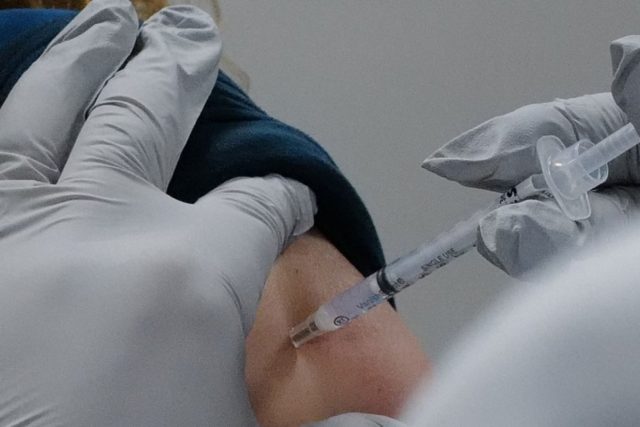Jan. 14 (UPI) — The incoming Biden administration’s plan to release more doses of the COVID-19 vaccine won’t cause supply shortages, Dr. Celine Gounder, a member of the newly created COVID-19 advisory board said Thursday.
Despite not officially taking charge of the nation’s pandemic response until next week, members of Biden’s board already have been discussing the inventory with vaccine manufacturers, Gounder said during a webcast hosted by Johns Hopkins University’s Bloomberg School of Public Health.
“That’s not something we’re worried about,” said Gounder, an infectious disease specialist at NYU Grossman School of Medicine in New York City.
“If you look at the timeline for production, they are actually going to be releasing more and more doses over time, so that really does open things up significantly,” she said.
Two COVID-19 vaccines, made by Pfizer-BioNTech and Moderna, have been approved for use in the United States, and both require two doses for maximum effectiveness.
Vaccines from Johnson & Johnson and AstraZeneca, among others, could be made available by this spring.
Still, until this week, the Trump administration had been holding back supplies of available shots to ensure sufficient quantities for second doses existed.
However, the Biden administration is “confident” there won’t be issues getting people their second shots on time, although it plans to keep “a small buffer” of doses in reserve, Gounder said.
Earlier this week, federal health officials acknowledged that vaccinations have been proceeding much slower than promised.
Through Thursday, nearly 30 million doses of the two vaccines had been distributed across the country, but fewer than 11 million have been administered, based on estimates from the U.S. Centers for Disease Control and Prevention.
Trump administration officials had set a goal of vaccinating 20 million Americans by the end of 2020.
“We want to accelerate the pace at which vaccinations is going,” Gounder said. “This is really a decision about how to manage the supply.”

COMMENTS
Please let us know if you're having issues with commenting.